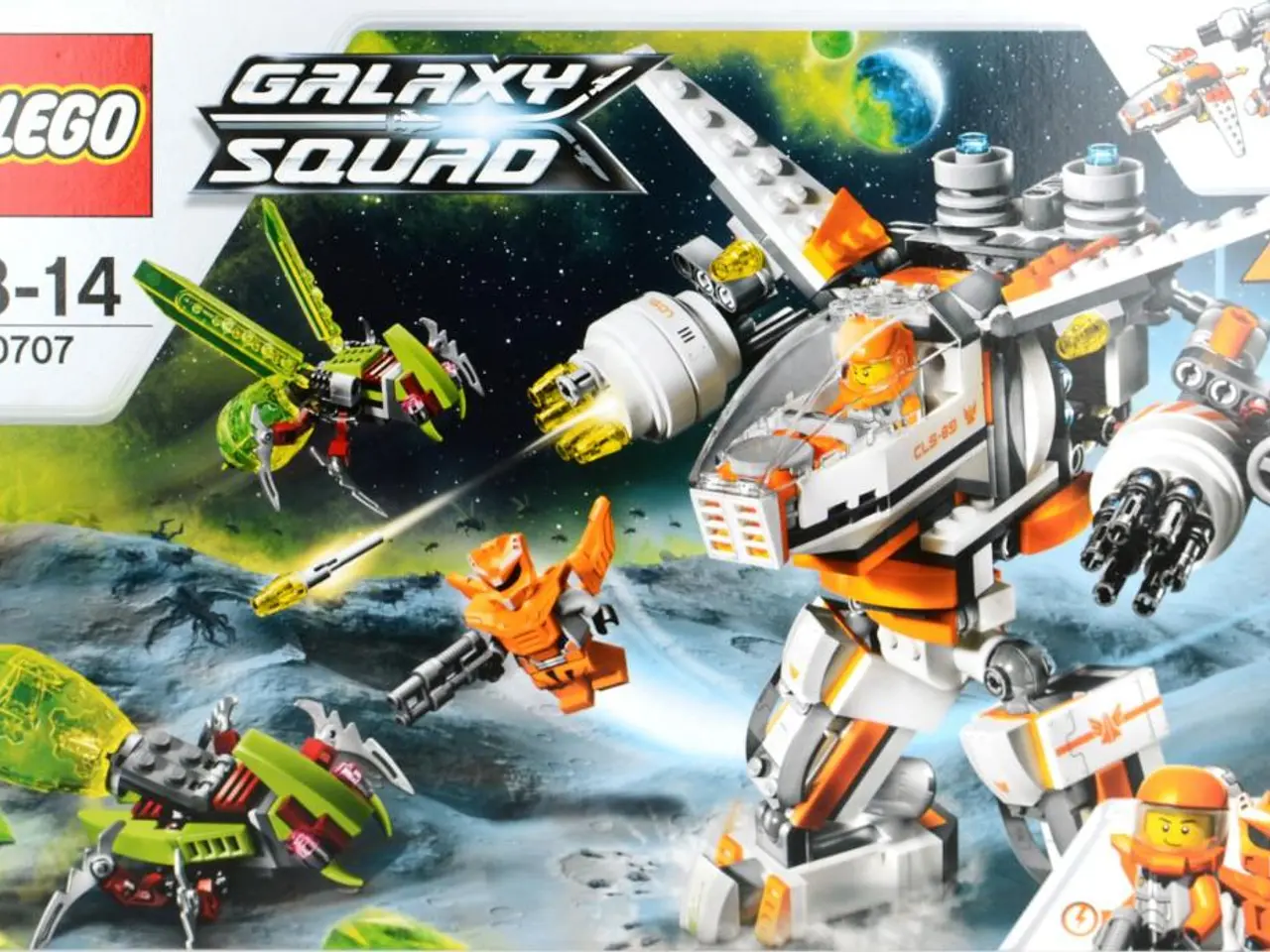AI Industry Forecasts for 2025!
In the rapidly evolving landscape of technology, Artificial Intelligence (AI) is set to revolutionize various industries, making significant strides in sustainability, efficiency, and human-like interactions.
Microsoft, a key player in this revolution, is investing heavily in low-carbon building materials and clean energy sources like wind, nuclear, and solar to make AI infrastructure environmentally sustainable. This commitment to green technology is a testament to the company's vision of a more sustainable future.
The AI paradigm, currently driven by a transformer architecture, is expected to expand the existing software industry. AI query engines, integrating natural language processing and machine learning, are revolutionizing data analysis, enabling smarter decisions and streamlined operations.
Quantum computing, another promising technology, is being integrated with AI and supercomputing to solve complex challenges in error correction, drug discovery, and materials development. The emergence of low-latency quantum hardware colocated within supercomputers is a significant step towards tackling these complex computations.
As AI continues to evolve, metrics like revenue per employee (RPE) become critical for startups to measure the impact of AI-augmented workforces. Enterprises are also embracing geographically dispersed data centers, leveraging renewable energy sources to scale sustainably.
Advances in photorealism and emotional intelligence are making AI interactions more humanlike and engaging. AI-powered agents will handle complex tasks, such as supply chain management and HR support, freeing employees for high-value work.
AI will address global challenges, such as climate crisis solutions and improving healthcare access, driving transformative change in daily life and business. The adoption of AI is expected to increase across industries, with 2025 set to see broader integration across work and home.
NVIDIA predicts that generative AI and agentic AI will transform industries in 2025, driving innovation in robotics, quantum computing, and data analytics. Microsoft, too, anticipates that AI will transform work and daily life with more capable models, autonomous agents, and personalized companions in 2025.
Important companies involved in the further development of generative AI in 2025, besides Microsoft and NVIDIA, include Google, Salesforce, and Adobe. These companies have integrated AI functions into their products, facilitating easier enterprise adoption without the need for companies to develop their own AI models.
AI companions like Microsoft Copilot will simplify tasks such as managing information, decision-making, and shopping. The rise of prompt engineers and AI personality designers will optimize AI interactions and create unique, brand-aligned agent personalities.
Liquid cooling and renewable energy integration are reducing AI data centers' environmental footprint. AI models will become faster, more efficient, and capable of advanced reasoning, with new approaches like Microsoft's small Phi models and Orca series demonstrating improved performance.
In this era of AI advancements, the future promises a more efficient, sustainable, and engaging world, where AI agents handle complex tasks and AI companions simplify daily life, driving transformative change in various industries.
Read also:
- Understanding Hemorrhagic Gastroenteritis: Key Facts
- Stopping Osteoporosis Treatment: Timeline Considerations
- Trump's Policies: Tariffs, AI, Surveillance, and Possible Martial Law
- Expanded Community Health Involvement by CK Birla Hospitals, Jaipur, Maintained Through Consistent Outreach Programs Across Rajasthan







